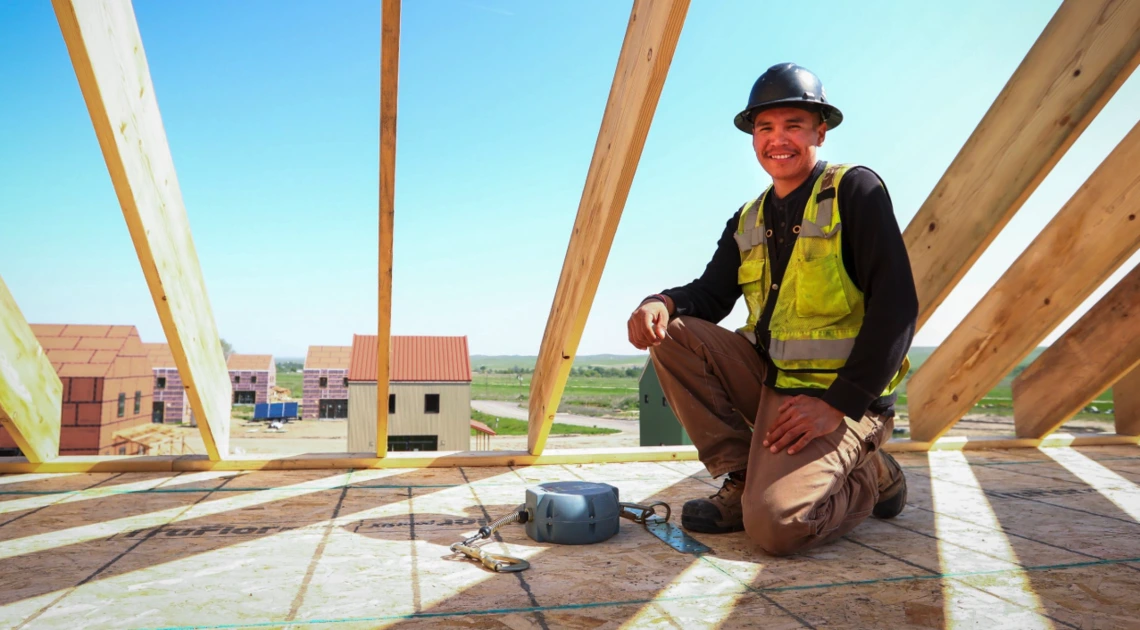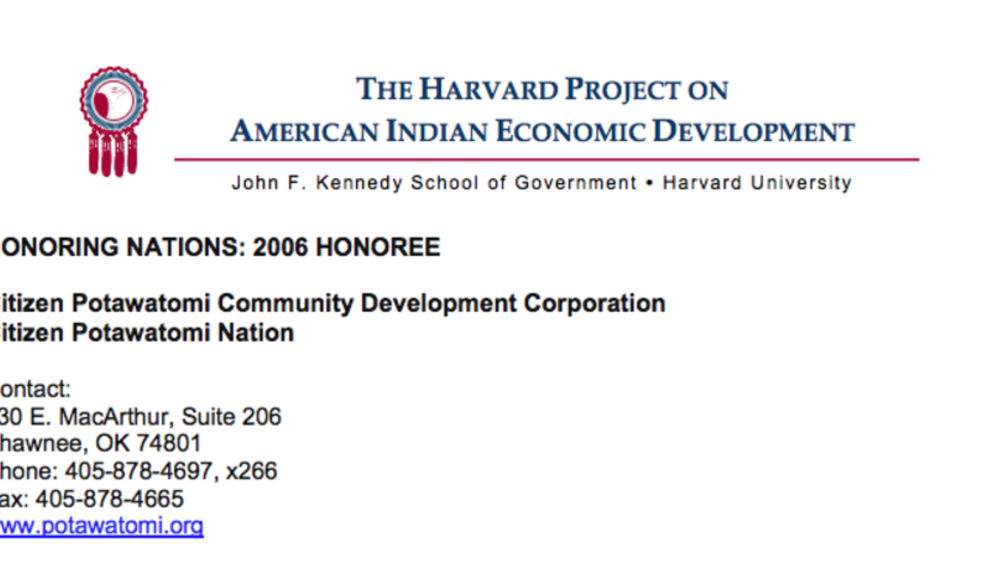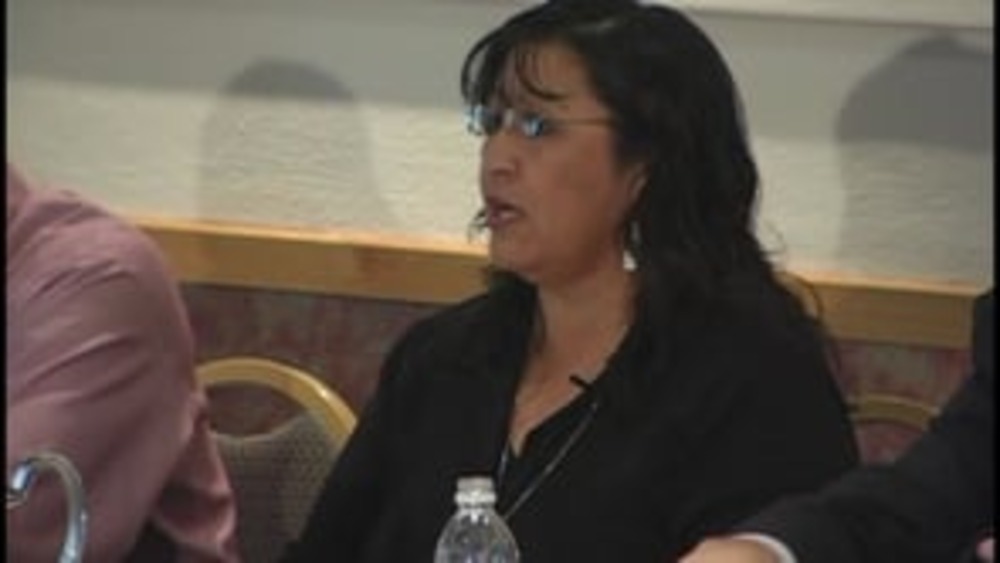PINE RIDGE, South Dakota — Alan Jealous, a 27-year-old construction worker, dreamt of building and owning a home. Homeownership is the cornerstone of the American Dream. But for this citizen of the Oglala Lakota Nation living on the Pine Ridge reservation, a community that regularly tops the list of the poorest places in the country, having realized this dream is a monumental achievement. Pine Ridge, a 3,500-square-mile landmass home to nearly 20,000 people, mostly Oglala, has one of the worst economies and some of the weakest infrastructure in the developed world.
Additional Information
NoiseCat, J. B. (2019, June 10). 'We Gotta Carry On': The Struggle To Rebuild In One Of The Poorest Places In America. Retrieved June 13, 2019, from https://www.huffpost.com/entry/pine-ridge-thunder-valley-housing-community-development_n_5cd47574e4b0796a95d8824f



